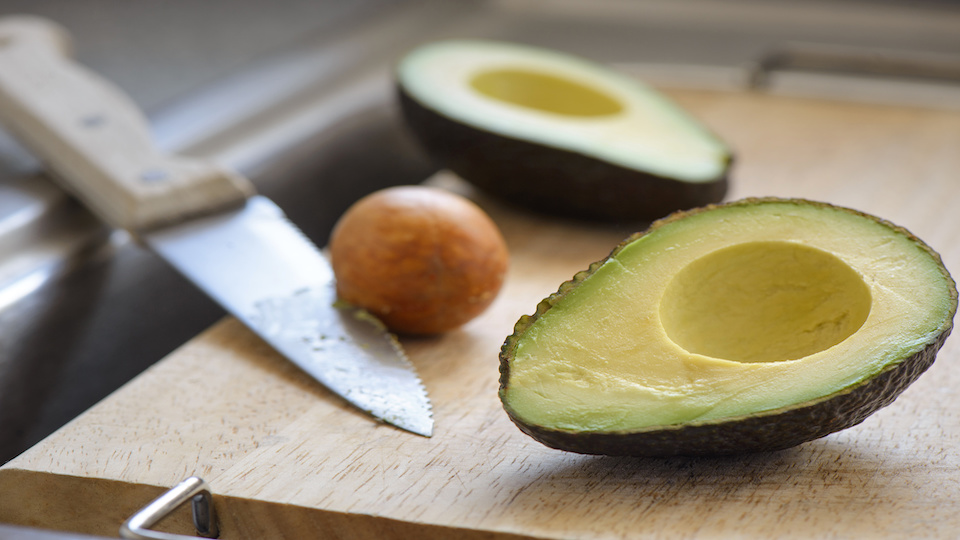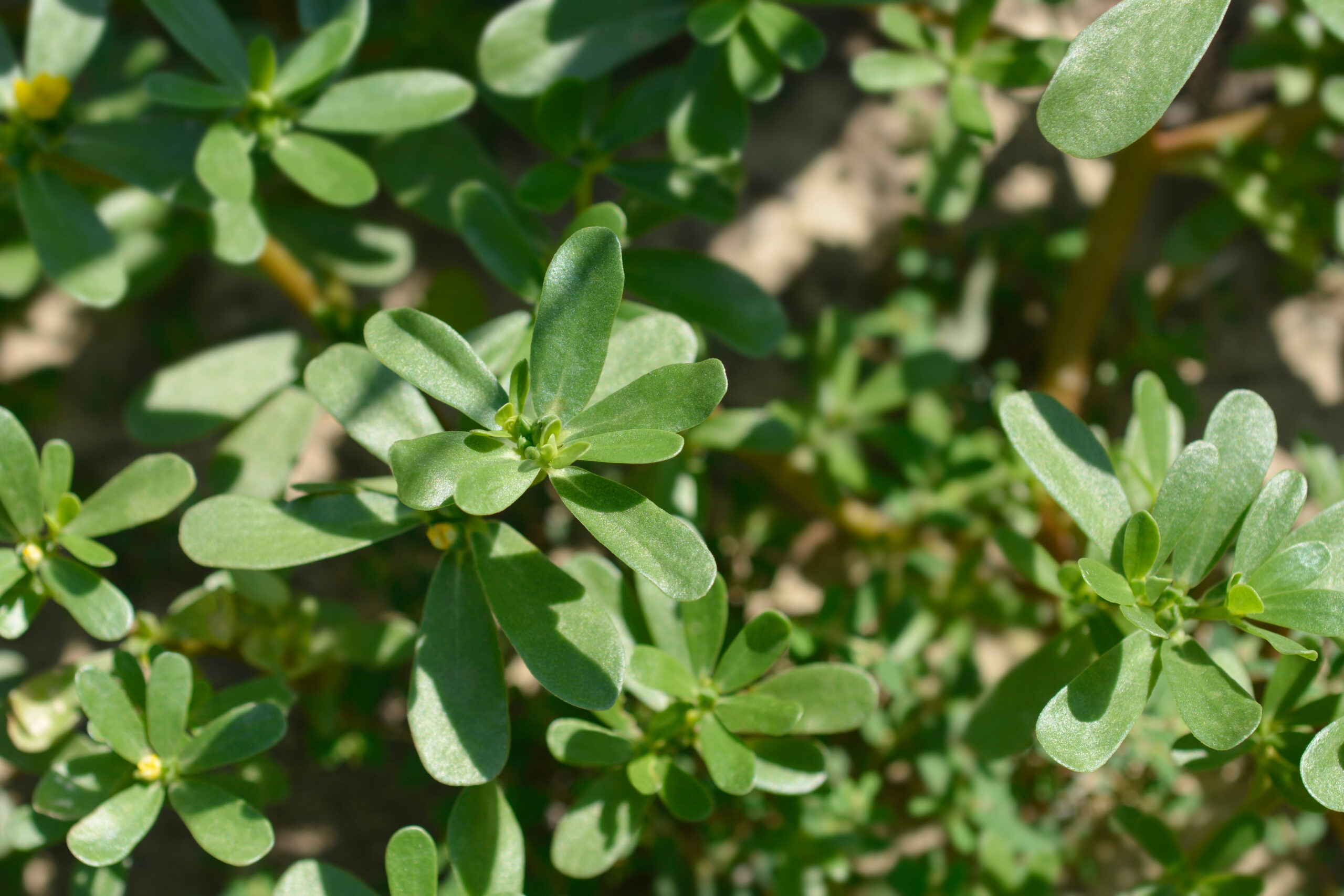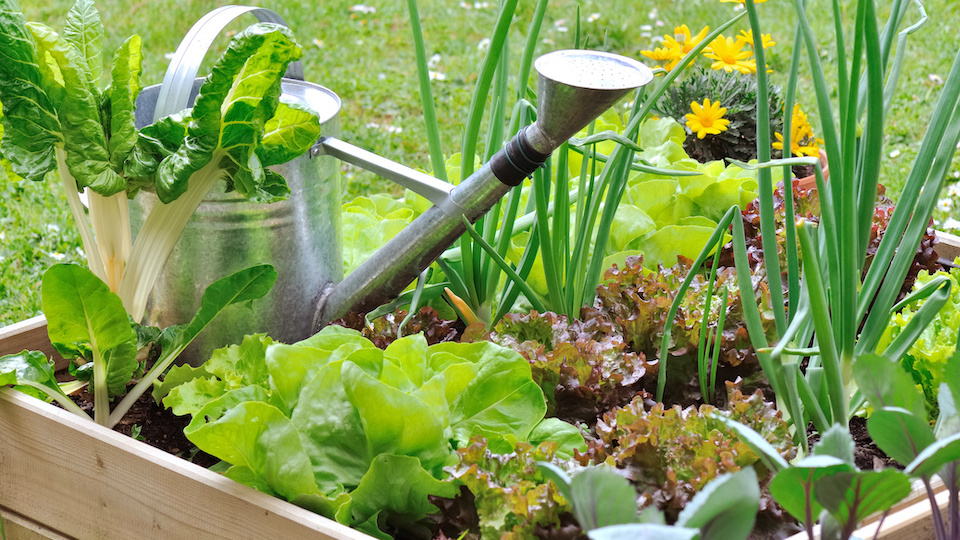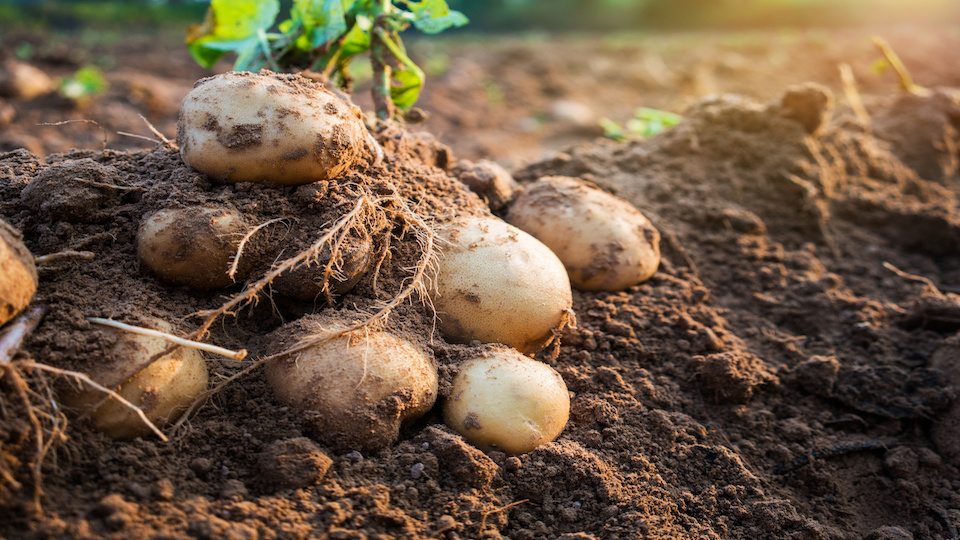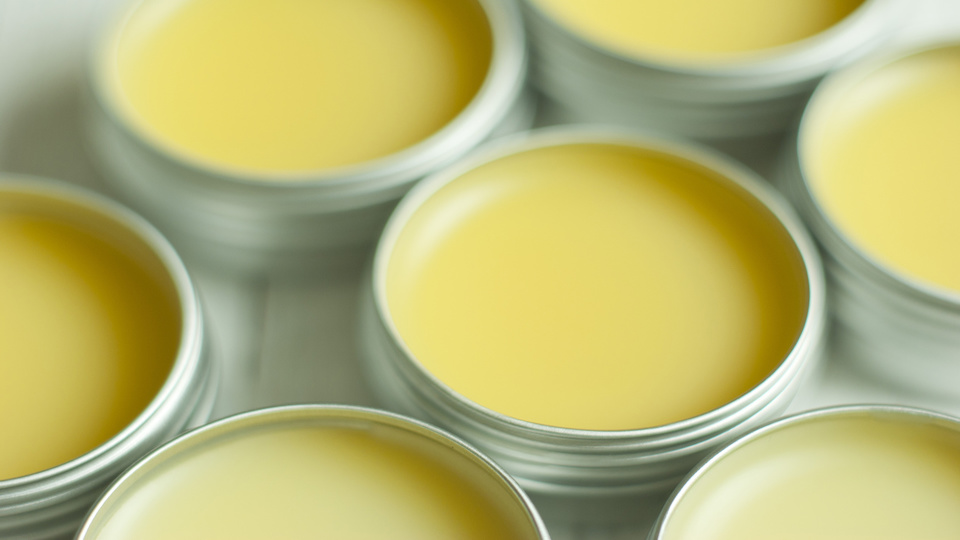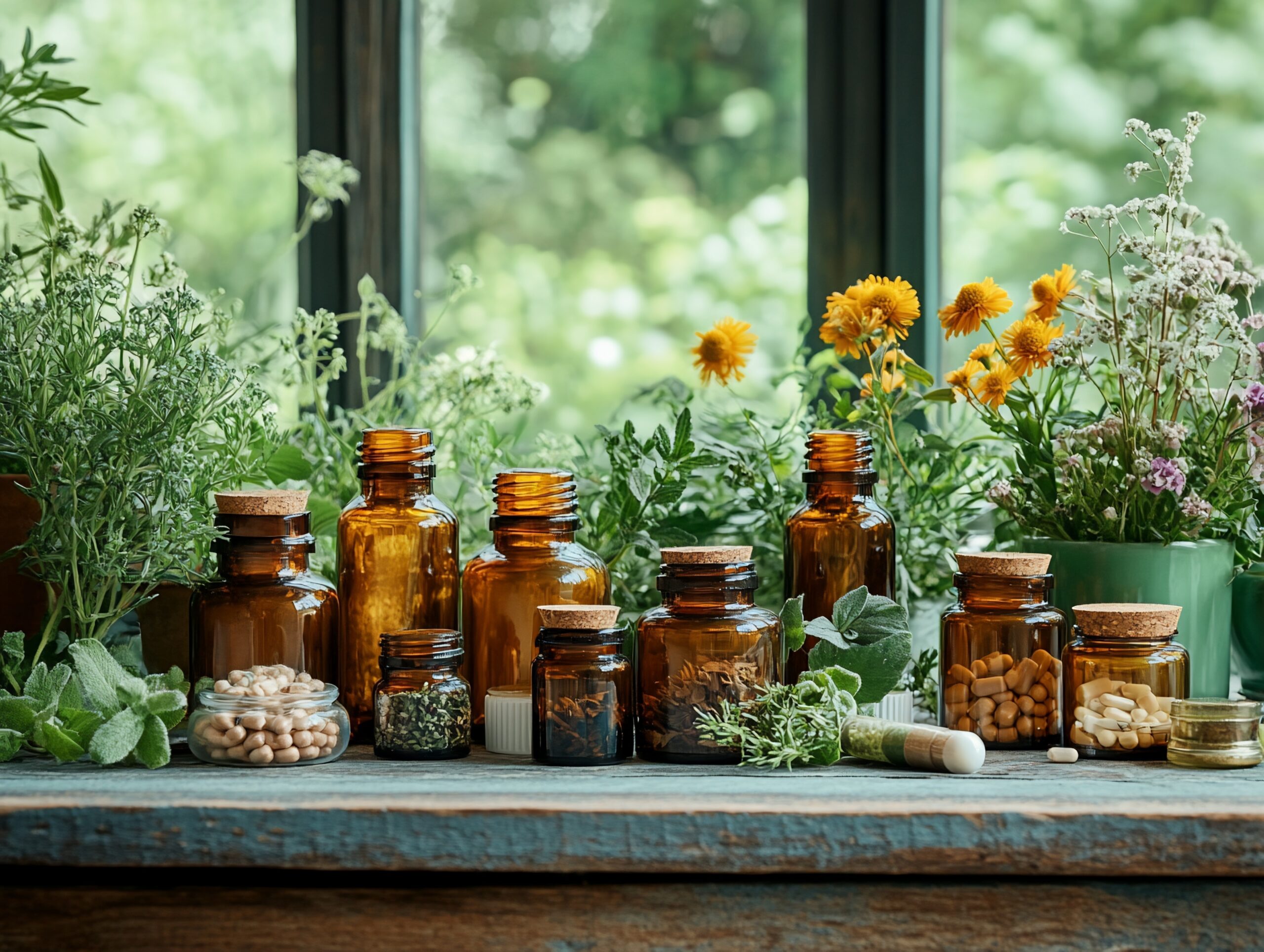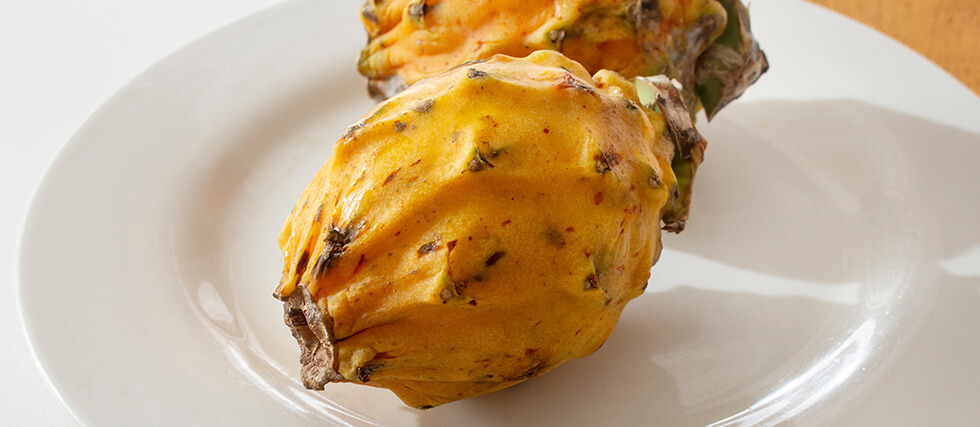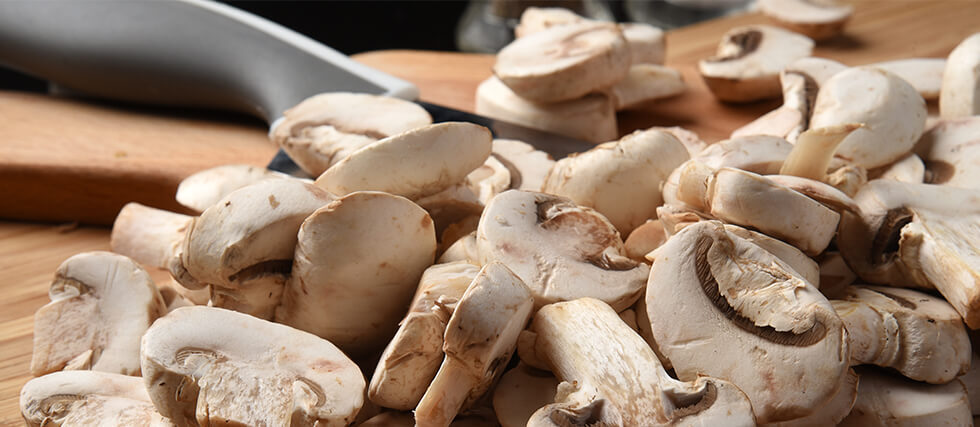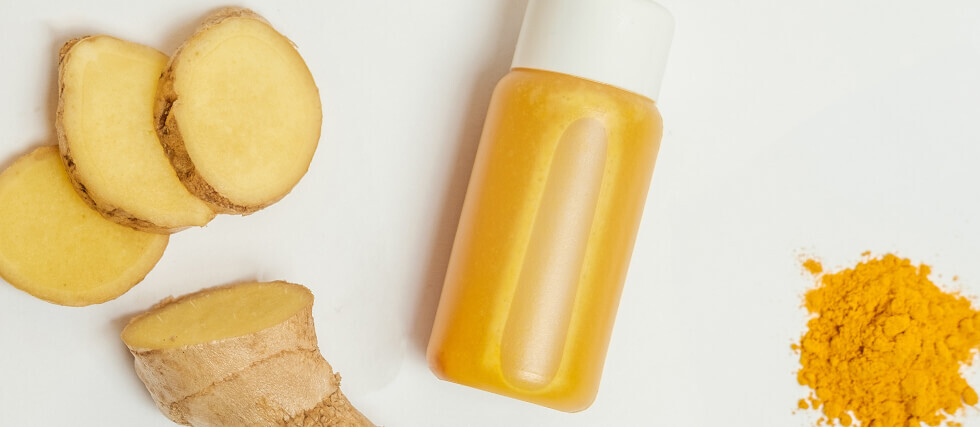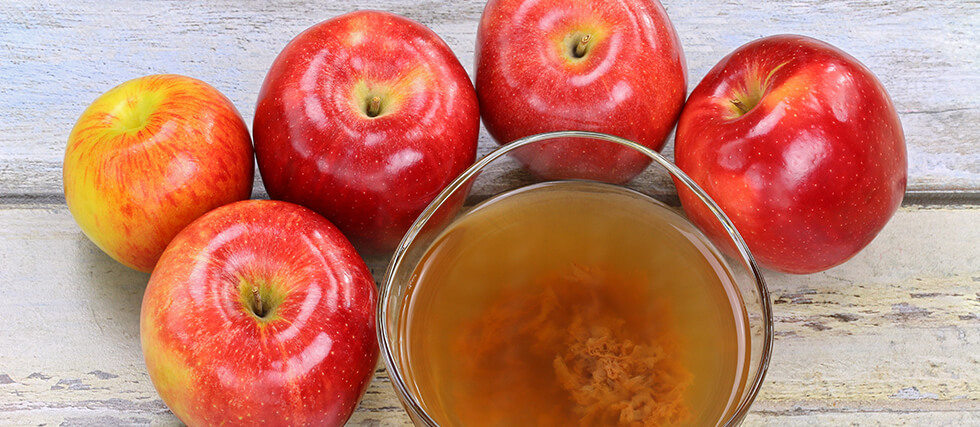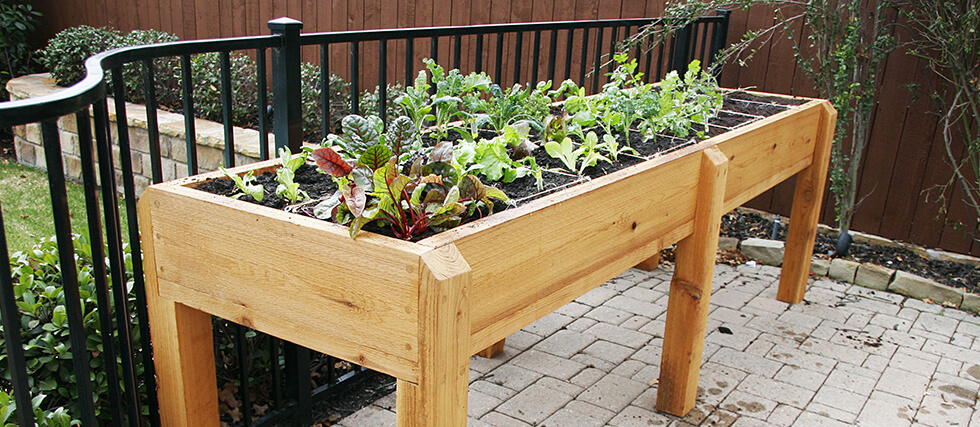7 Things to Do With Avocado Pits
If you aren’t already obsessed with avocadoes, you are in the minority. This precious fruit is full of healthy fat, fiber, potassium, and so much more. How could you not love it? But what can you do with that leftover pit once you’ve enjoyed your green treat? Read on to find out.


